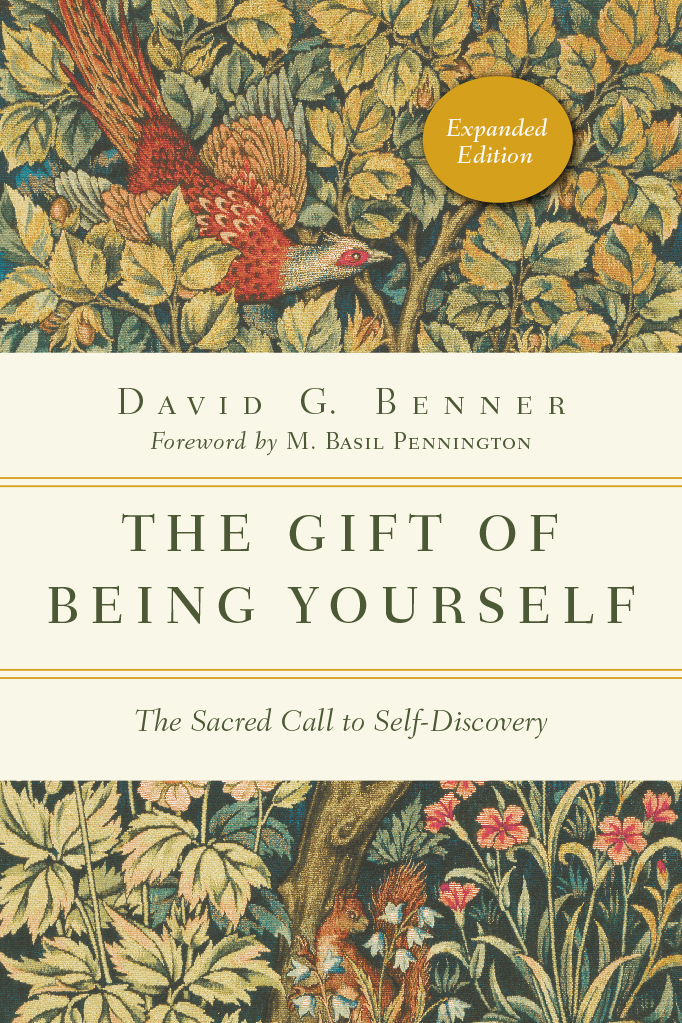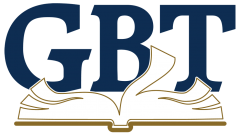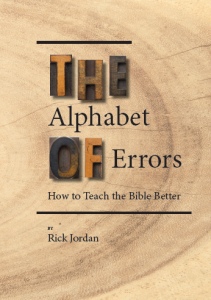I am re-reading the book, The Gift of Being Yourself, by David Brenner. Brenner challenges us to experience self-discovery as a spiritual exercise. This means an appreciation of our gifts, strengths, and personality – but also a recognition of our “false self,” which is the person we most often do know want to acknowledge, much less appreciate. A part of knowing ourselves is knowing God. In his chapter on knowing God, Brenner talks about the benefits and limitations of the Bible for spiritual transformation:

“Most of the things we know about God we know objectively, accepting them as facts on the trusted testimony of Scriptures and the community of faith. These ground our more personal knowing, serving as an anchor in times of doubt and as a frame of reference for making sense of our experience. This bedrock of beliefs will be elaborated by experience but never replaced by it. God’s intention is that we know Divine love by experiencing it. But even when our Divine Lover seems distant, we can hold confident to the hope of the steadfast nature of God’s love because of the testimony of Scriptures and the witness of others.
“As valuable as this objective knowledge is, Packer reminds us that even “a little knowledge of God is worth more than a great deal of knowledge about Him.” Transformational knowledge of God comes from the intimate, personal knowing of Divine love. Because God is love, God can only be known through love. To know God is to love God, and to love God is to know God (1 John 4:7-8). The Christian God is known only in devotion, not objective detachment. That is why Paul’s prayer is that we may know the love of Christ and so be filled with the utter fullness of God (Ephesians 3:19). This is transformational knowing.”
David G. Brenner, The Gift of Being Yourself: The Sacred Call to Self-Discovery (Downers Grove, IL: InterVarsity Press, 2015), 34f.

